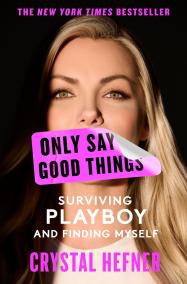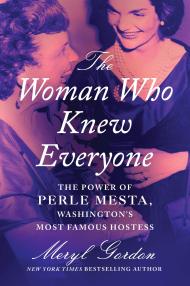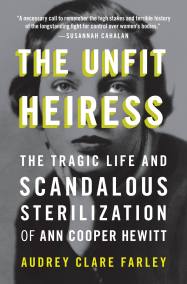By clicking “Accept,” you agree to the use of cookies and similar technologies on your device as set forth in our Cookie Policy and our Privacy Policy. Please note that certain cookies are essential for this website to function properly and do not require user consent to be deployed.
Truth and Consequences
Life Inside the Madoff Family
Contributors
Formats and Prices
- On Sale
- Oct 31, 2011
- Page Count
- 320 pages
- Publisher
- Little, Brown and Company
- ISBN-13
- 9780316198929
Price
$9.99Price
$12.99 CADFormat
Format:
- ebook $9.99 $12.99 CAD
- Audiobook Download (Unabridged)
This item is a preorder. Your payment method will be charged immediately, and the product is expected to ship on or around October 31, 2011. This date is subject to change due to shipping delays beyond our control.
Buy from Other Retailers:
With unprecedented access to the surviving family members — wife Ruth, son Andrew and his fiancéee Catherine Hooper — journalist Laurie Sandell reveals the personal details behind the headlines.
How did Andrew and Mark, the sons who’d spent their lives believing in and building their own families around their father’s business first learn of the massive deception? How does a wife, who adored her husband since they were teenagers, begin to understand the ramifications of his actions? The Madoffs were a tight-knit and even claustrophobic clan, sticking together through marriages, divorces, and illnesses. But the pressures of enduring the massive scandal push them to their breaking points, most of all son Mark, whose suicide is one of the many tragedies that grew in the wake of the scandal.
Muzzled by lawyers, vilified by the media and roundly condemned by the public, the Madoffs have chosen to keep their silence — until now. Ultimately, theirs is one of the most riveting stories of our time: a modern-day Greek tragedy about money, power, lies, family, truth and consequences.
Newsletter Signup
By clicking ‘Sign Up,’ I acknowledge that I have read and agree to Hachette Book Group’s Privacy Policy and Terms of Use






